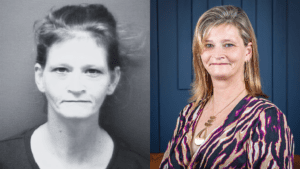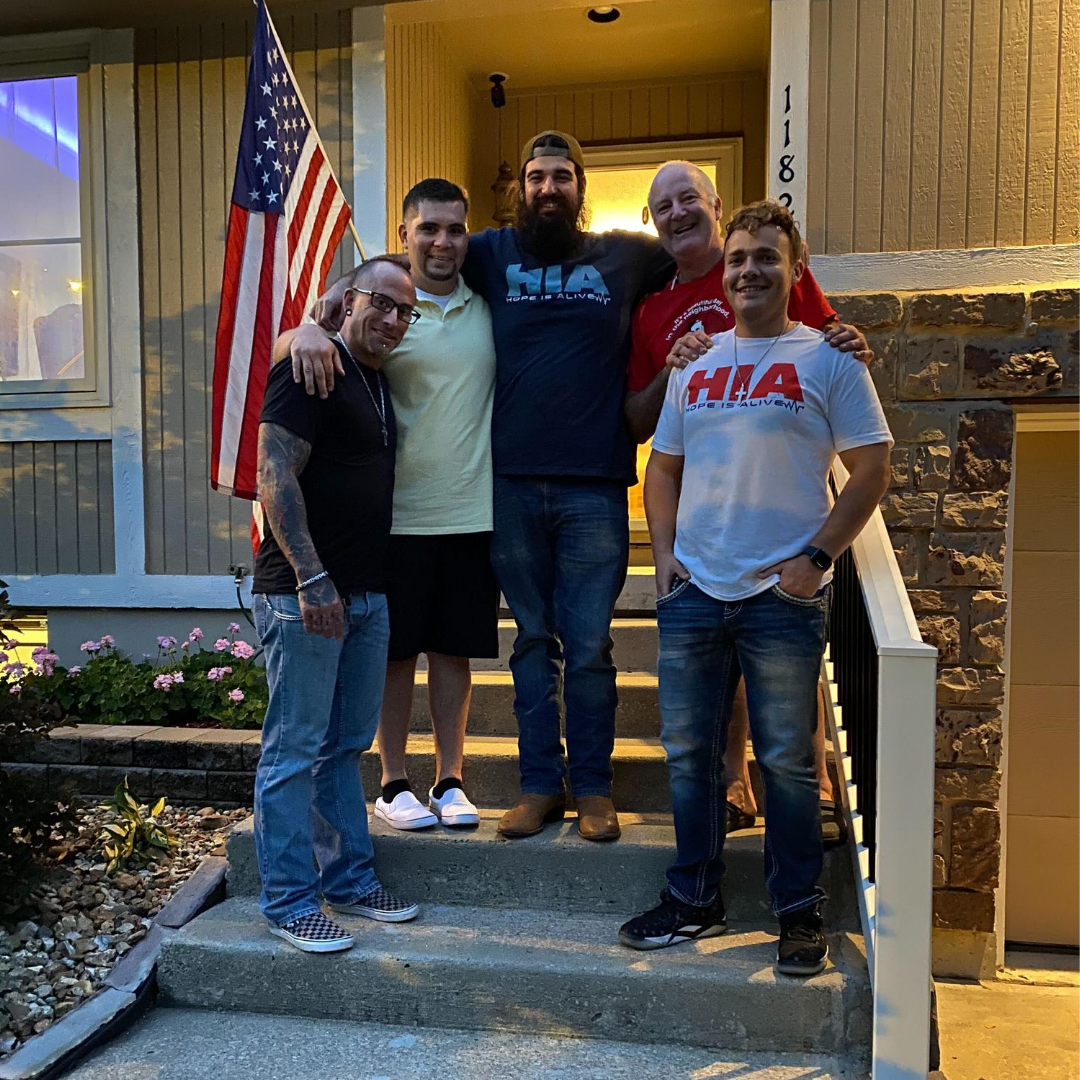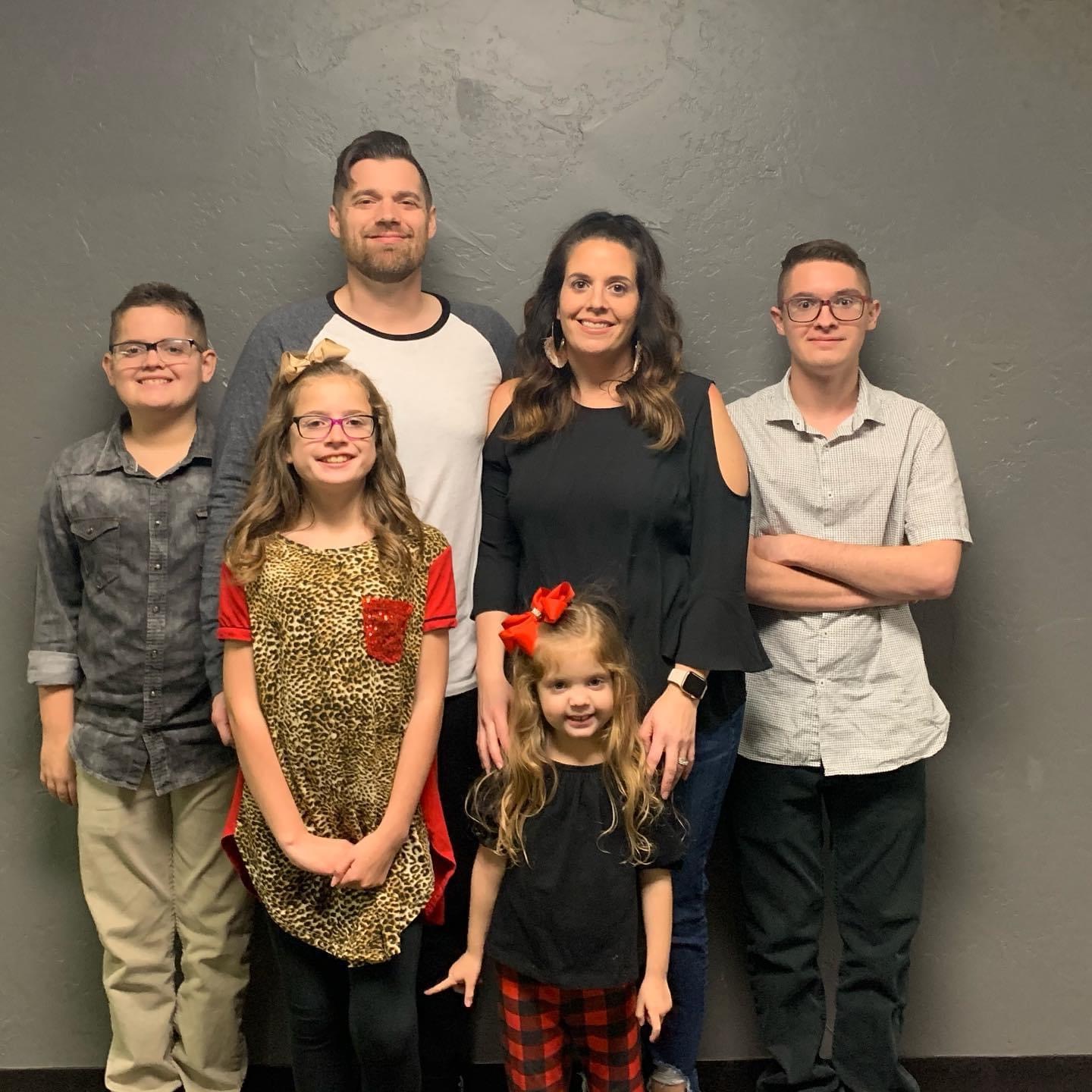The Power of Community in Recovery: Embracing Your Church Family
by Melissa Buckalew

Recovery is often one of the most challenging journeys an individual can embark on. It requires immense courage, commitment, and perseverance, whether one is dealing with addiction, mental health struggles, or any form of personal hardship. However, while the road to recovery may be a deeply personal experience, it does not have to be traveled alone. This is where the strength of community—and particularly a church family—comes into play.
The Role of Community in Recovery
Human beings are inherently social creatures. We thrive in environments where connection, support, and understanding are present. When an individual faces the trials of recovery, the community provides a sense of belonging and understanding, breaking the isolation that often accompanies struggles. Here are three unique benefits of community in recovery:
- Support and Accountability: Being part of a community means having a support system where individuals can share their experiences without judgment. This support often includes friends, mentors, and even trained professionals who can provide insights and feedback. Moreover, a community fosters accountability, encouraging individuals to stay committed to their goals and to be responsible for their actions.
- Shared Experiences: In recovery, it’s essential to know that others have faced similar challenges. Support groups often bring together individuals with shared experiences, creating an environment in which they can learn from one another’s triumphs and setbacks. This shared understanding is critical; it assures individuals they are not alone in their journey and motivates them to keep pushing forward.
- Emotional Outlets: Recovery can be an emotional rollercoaster, filled with joy, sadness, frustration, and hope. Community offers a safe space to express these emotions. In supportive settings, individuals can talk through their feelings and challenges, reducing feelings of loneliness and despair.
The Unique Role of a Church Family
While the community at large plays a crucial role in recovery, the specific support offered by a church family holds unique benefits that can help individuals heal spiritually, emotionally, and socially. Here are some of the unique benefits of a church family in recovery:
- Spiritual Guidance: Many find that combining recovery with spiritual growth can lead to transformative healing. Church families offer spiritual guidance, encouraging individuals to seek a deeper relationship with their faith. This spiritual dimension can provide the strength and resilience needed to overcome hardships.
- Unconditional Love and Acceptance: Church communities are often built on the foundations of love, grace, and acceptance. For individuals in recovery, this is especially important. A church family can provide a nurturing environment where individuals feel valued and accepted, regardless of their past. This unconditional love serves as a reminder that everyone is worthy of compassion and forgiveness.
- Opportunities for Service and Engagement: Being active in a church community can be incredibly therapeutic. Individuals often find great value in serving others or engaging in community projects. This not only helps to shift the focus away from personal struggles but also fosters a sense of purpose. Contributing to the well-being of others can be profoundly healing.
- Education and Resources: Many churches recognize the challenges faced by those in recovery and often provide resources, programs, or support groups specifically tailored to those needs. These programs can offer education on managing stress, coping strategies, and understanding the dynamics of recovery.
Building Connection and Trust
Creating lasting connections within a church family doesn’t happen overnight. Building trust and rapport takes time, but doing so can be incredibly beneficial in recovery. Engage actively in church events, whether it’s joining a small group, attending services, or volunteering for church functions, because each interaction is an opportunity to establish bonds and feel part of something greater.
Encouraging participation in prayer groups or Bible studies can provide a deeper understanding of faith and fellowship. Sharing personal experiences in these settings—when comfortable—can foster vulnerability and connection, ensuring that individuals feel seen and heard.
Overcoming Barriers
Individuals in recovery may face internal barriers that hinder their ability to engage with a community, including feelings of shame, guilt, or fear of judgment. It’s crucial to recognize these barriers and confront them head-on. Healthy church families have a remarkable capacity for compassion and understanding, and many church leaders are trained to handle sensitive issues and can serve as allies in overcoming these challenges.
Furthermore, if a particular church doesn’t feel like the right fit, it’s essential to remember that community can be found in various forms. Whether through support groups focused on recovery, faith-based organizations, or online communities, what matters most is surrounding oneself with people who uplift and encourage growth.
Conclusion
In the intricate tapestry of recovery, the community stands out as a vital thread. The support found in both secular and spiritual environments, particularly within a church family, provides a foundation for healing, growth, and transformation. Recovery is undoubtedly a personal journey, but it doesn’t have to be a lonely one. By embracing the power of community and the invaluable guidance of a church family, individuals can forge a path toward a brighter, more fulfilling future, grounded in love, acceptance, and hope.
Whether you are currently on your recovery journey or supporting someone who is, remember that connection is a powerful tool. Lean into your community, nurture those relationships, and experience the profound impact they can have in turning the struggle of recovery into a shared journey in healing.




